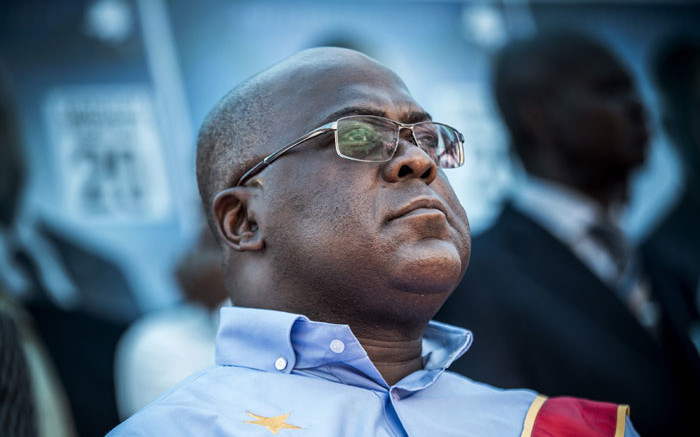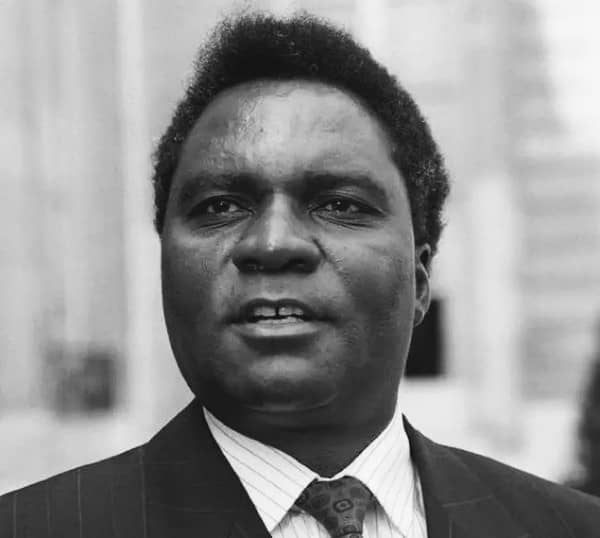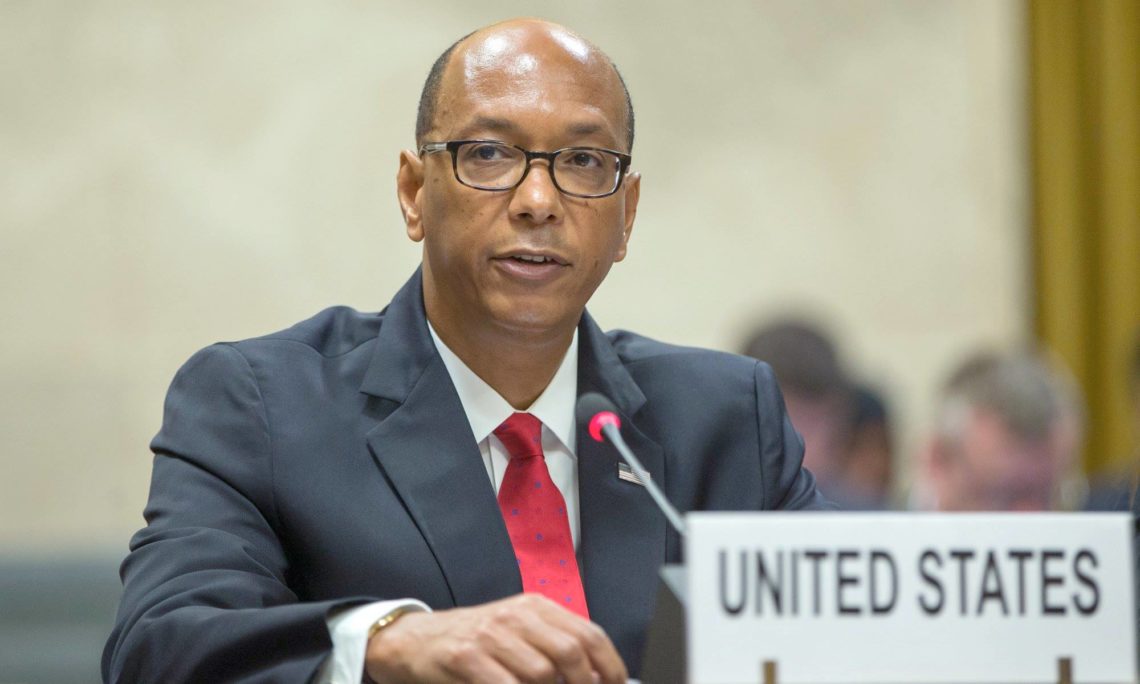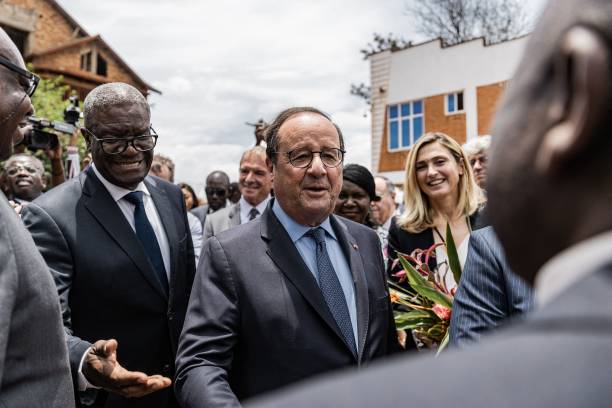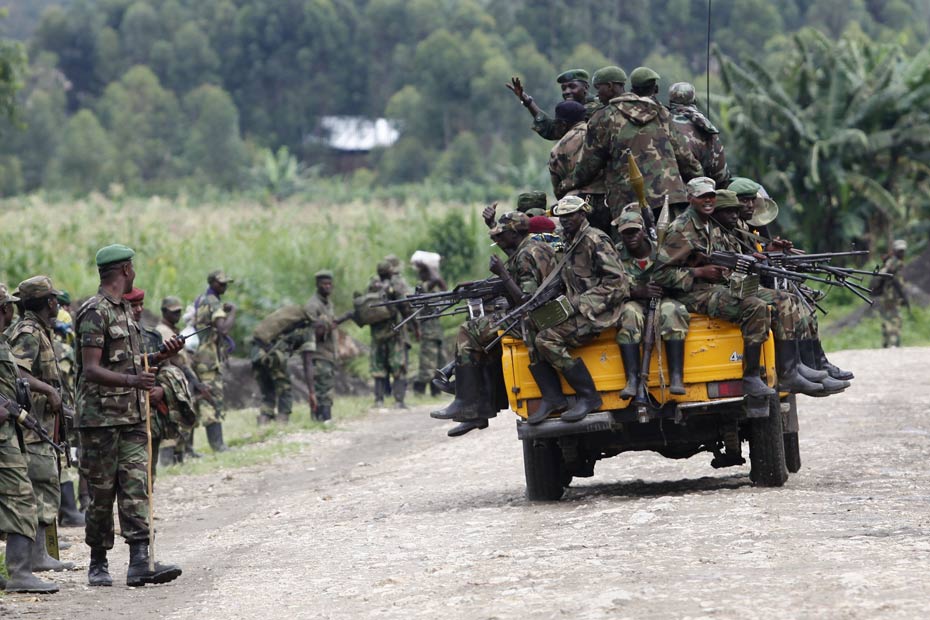Regional
DRC: Tshisekedi wants war to postpone elections
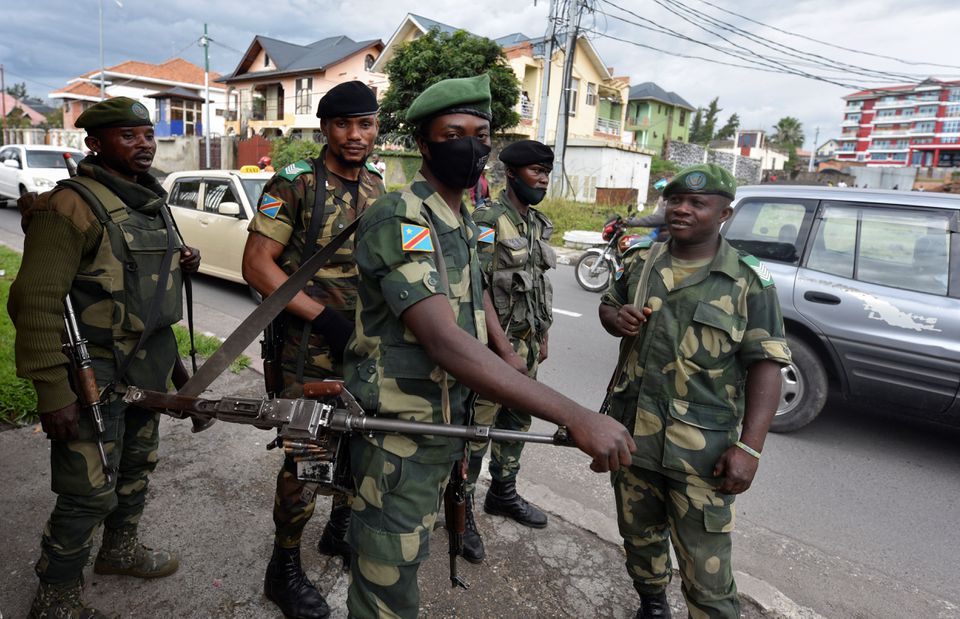
As
the Democratic Republic of Congo (DRC) prepares to go to polls in December
2023, the eastern part of the country is engulfed in yet another flare-up of
violence following the clash between Congolese troops (FARDC) and the M23
rebels.
President
Félix Tshisekedi has maintained that the country will go to the polls in 2023,
when he is expected to run for a second term. But analysts say the insecurity
in the east may be used to postpone the elections, effectively extending
Tshisekedi’s stay in office.
Lately,
fierce fighting was reported on October 20 and, by October 31, reports
indicated that the M23 rebels seized control of two towns; Rutshuru and
Kiwanja, north of the North Kivu Province’s capital, Goma.
For
a country that is preparing general elections in less than a year, security
should be priority, but to no one’s surprise, Kinshasa is playing blame games,
expelling Rwanda's envoy, and refusing to deal with his country’s internal
crisis. According to a roadmap by the Congolese National Electoral Commission,
from October 2023, simultaneous
elections will be held for the President, the 500 members of the National
Assembly, the elected members of the 26 provincial assemblies, and, for the
first time under the new constitution, members of around 1,000 local councils
(commune, sector, and chiefdom councils).
Clearly,
for Tshisekedi, the security crisis in eastern DRC is serving him just fine. He
is expected to run for a second term but postponing the elections could
effectively extend his term in office, and enable him to retain power much
longer.
The
tensions in his resource-rich country are not new. But they are building up now
that elections loom in December 2023.
The
DRC leadership has continuously turned a blind eye to peace agreements it
signed with the M23 rebels, and solely blaming the group for the insecurity.
The M23 is only one of more than 130 armed groups pillaging the restive region
in a complex conflict.
In
2019, the DRC government signed an agreement with a faction of M23 regarding
their voluntary repatriation, with the facilitation of Rwanda. Three years down
the road, it is still unfulfilled. Now, DRC has changed the narrative. It ruled
out negotiations with the M23, which it has now described as a terrorist
movement.
Kinshasa
has constantly ignored Kigali’s plea for urgently addressing the root cause of
instability in eastern DRC. Instead of disarming and repatriating the FDLR
genocidal militia group which Rwanda says is a major threat, the former are
fighting alongside the Congolese army against the M23 rebels. Analysts worry
that this FARDC-FDLR cohabitation is a recipe for disaster.
“Finally the DRC calls on the international
community to bear witness to the actions of Rwanda and reminds the world that
peace and stability in the East of the DRC is essential for the proper
organization of elections in 2023,” reads part of a statement released on
October 25, by the DRC government.
According
to analysts, Tshisekedi who was elected in 2018 to much surprise is now sitting
on a fragile majority and is very worried.
Therefore,
it is noted, postponing the elections will give him time to cover up his
failures during his first term in office, and his leadership’s inability to
conceptualize a progressive developmental agenda capable of responding
effectively to the country’s socio-economic and political challenges.
“Postponing
the 2023 general elections will also give him time to gain popularity by
advancing his anti-Rwanda agenda, and potentially increase his chances of
re-election, later,” said a diplomat who preferred anonymity.
“In
the current circumstances, even if Tshisekedi and his government were to be
given hundred years to govern, they would not fix DRC’s problems because they
have chosen a wrong approach by not addressing the root cause of the country’s
problem. Postponing the elections will make no difference.”


